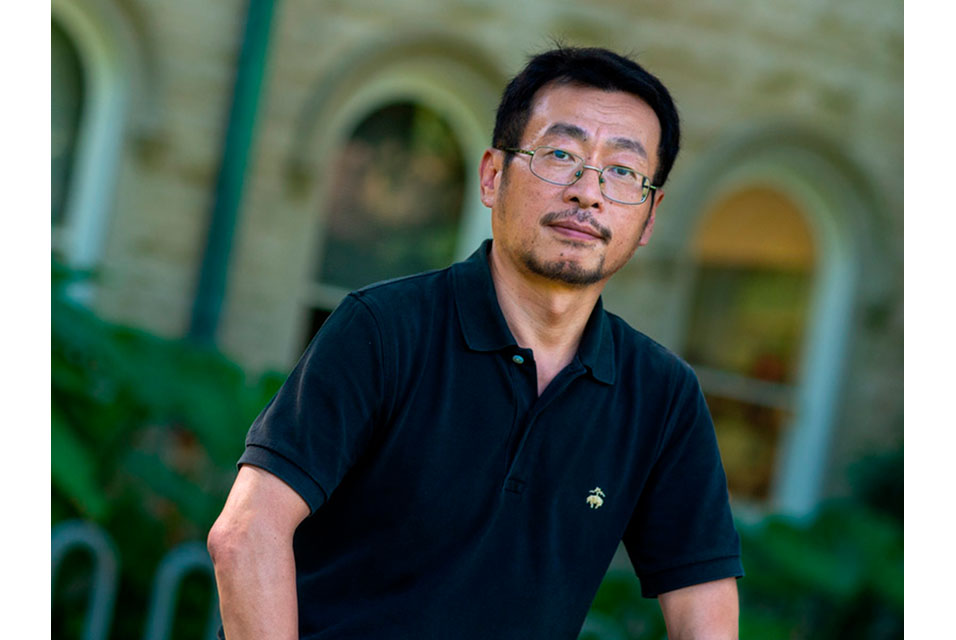NEW ORLEANS, LA.- Tulane University psychology Professor Jeffrey Lockman is hoping to gain some insight from the mouths of babes – or at least from their actions.
Lockman, The Lila L. and Douglas J. Hertz Chair in Psychology, will use a grant from the James S. McDonnell Foundation (JSMF) to initiate a line of study on body knowledge among infants. He and his team will research the everyday experiences that infants generate about their bodies through self-touch.
“This ability is critical in daily life,” Lockman said. “We use this localization ability to remove dangerous stimuli from our bodies, or merely to scratch an itch. But how this knowledge about the self develops is largely unknown.”
"We hope to motivate a new wave of research on body knowledge that is situated in the everyday lives of children.” - Jeffrey Lockman, Tulane psychology professor
“Our overall goal is to investigate the ‘how’ of body knowledge acquisition,” he said. “To do so, we investigate the hypothesis that through the mechanism of self-touch, infants ‘educate’ themselves about the layout of their bodies. More broadly, with this approach, we hope to motivate a new wave of research on body knowledge that is situated in the everyday lives of children.”
Lockman is the director of the Infant & Toddler Development Project at Tulane, where he and his team examine the perceptual and motor development of young children. Current research topics include how children play with objects, how they manipulate their movement as they gain control of their arms and hands and how they learn about their own bodies.
The grant is part of JSMF’s inaugural Opportunity Awards program. Lockman is one of only 10 researchers from around the world to win a JSMF Opportunity Award, which provides up to $250,000 in seed money over two to four years for studies motivated by questioning or revisiting or re-examining the current state of academic knowledge of human cognition and behavior. The idea behind the program is to use new theories, tools and techniques for rigorous study of cognition and behavior as individuals engage in ongoing real-world activities.
Lockman and his team will follow 40 infants, starting around 3 months of age until a year old. They will observe how infants, in the course of their daily activities and over developmental time, engage in self-touch.
“With this information, we then examine how patterns of self-touch establish an integrated reaching map of the body, enabling young children to localize and reach to targets on the body, regardless of the position of the body target or that of the reaching hand.”
Lockman said that when babies touch different areas of the body, it helps them learn about the layout of their bodies, including which hand can contact which part of the body.
“We also think that understanding how spontaneous self-touch educates infants about the layout of their bodies can lead to new interventions for infants with motor challenges, such as cerebral palsy, who may have difficulty reaching and therefore fewer opportunities to learn about their bodies,” he said.










